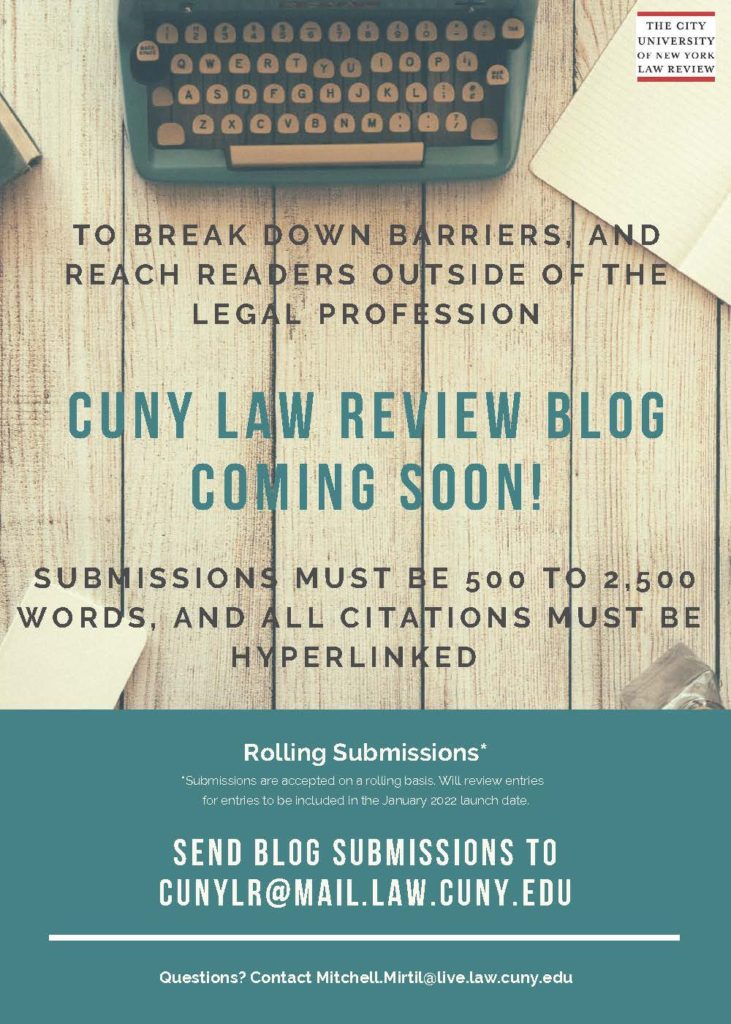Florence Otaigbe
As an immigration attorney, I have worked with people from many different backgrounds. Anyone can be an immigrant. However, whenever I see mainstream advocacy and media regarding immigration, I rarely see Black migrants. According to the International Organization for Migration, migrant is defined in part as the following:
“An umbrella term, not defined under international law, reflecting the common lay understanding of a person who moves away from his or her place of usual residence, whether within a country or across an international border, temporarily or permanently, and for a variety of reasons.”

